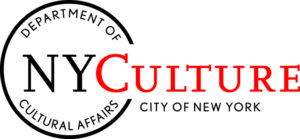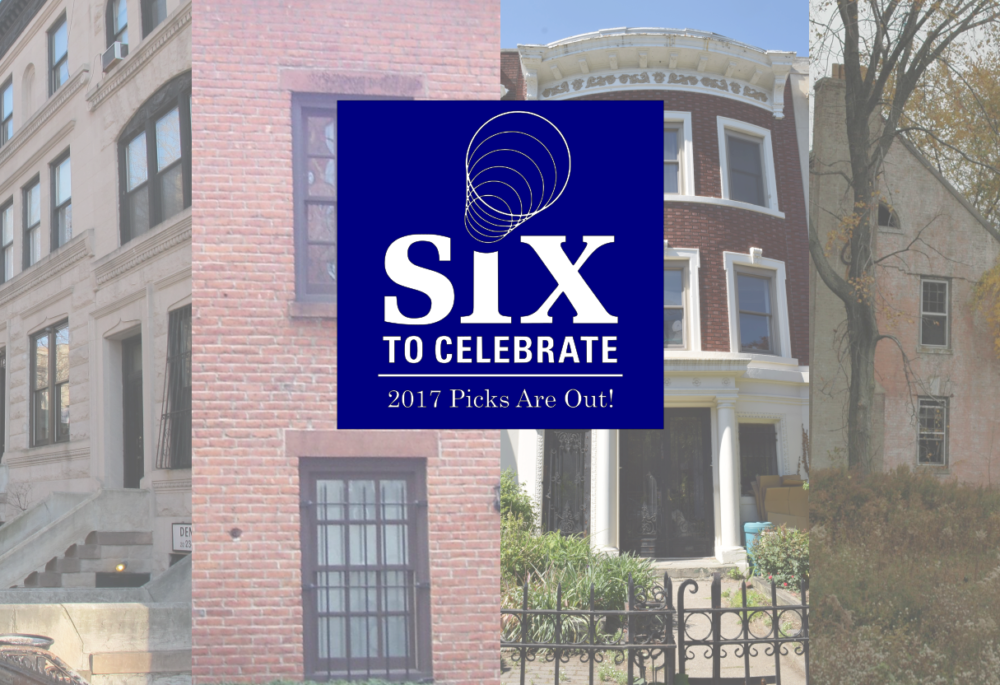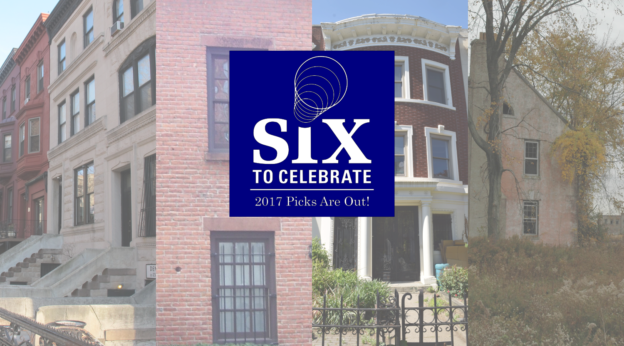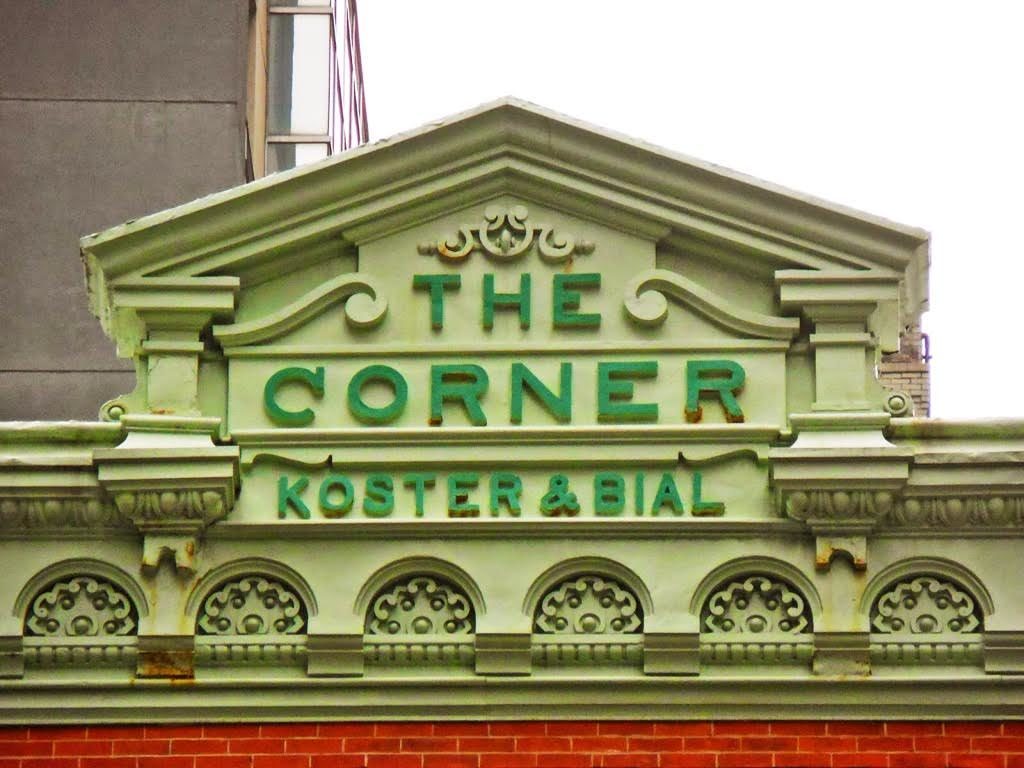
Chelsea, Manhattan
Encompassing the area from West 14th to West 30th Streets and the Hudson River to Sixth Avenue, Chelsea boasts residential and commercial architecture spanning roughly 200 years of New York City’s history. While there are three designated Historic Districts in the area, the safety of the buildings under the Landmarks Preservation Commission’s (LPC) purview has been called into question due to a number of deleterious projects approved by the agency in recent years. Through robust public programming and outreach, Save Chelsea is positioning itself as a neighborhood watchdog to foster civic awareness. By galvanizing widespread support for historic preservation and continuing its work to document undesignated historic buildings in Rose Hill and the Flower District, the group also hopes to lobby for further protections in the area.
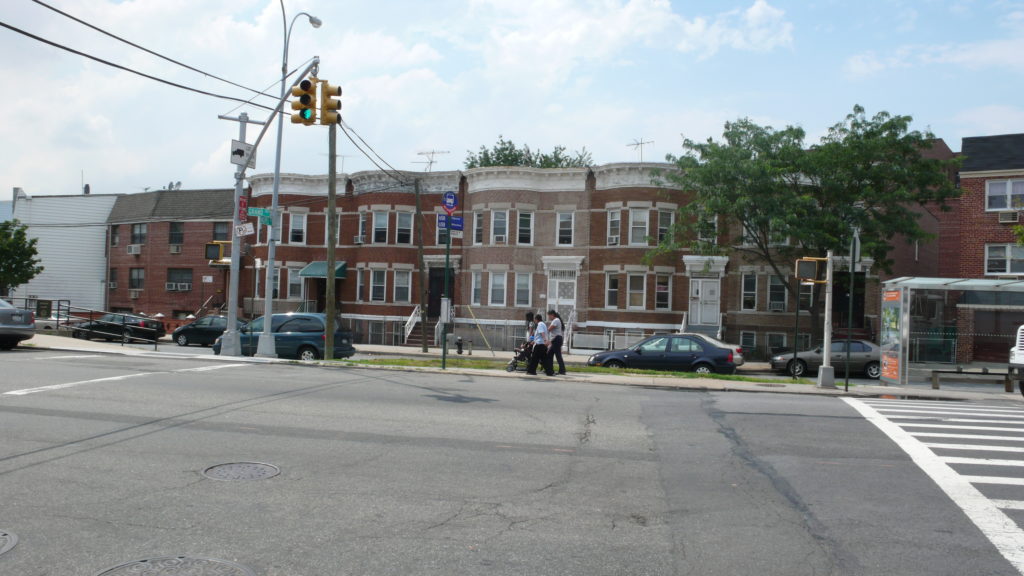
Corona-East Elmhurst, Queens
The sister communities of Corona and East Elmhurst are known for their richly diverse populations and roster of influential residents, some of whose homes still stand. Rapid redevelopment and a lack of public awareness have resulted in the loss of many culturally significant sites in Corona-East Elmhurst. To encourage interest on the part of the local community and to make those community members’ voices heard, the Corona-East Elmhurst Historic Preservation Society is working to make historic memorabilia and artifacts accessible to the public and to grow its organizational capacity in order to reach broader audiences and share information about the vibrant cultural history of the area.
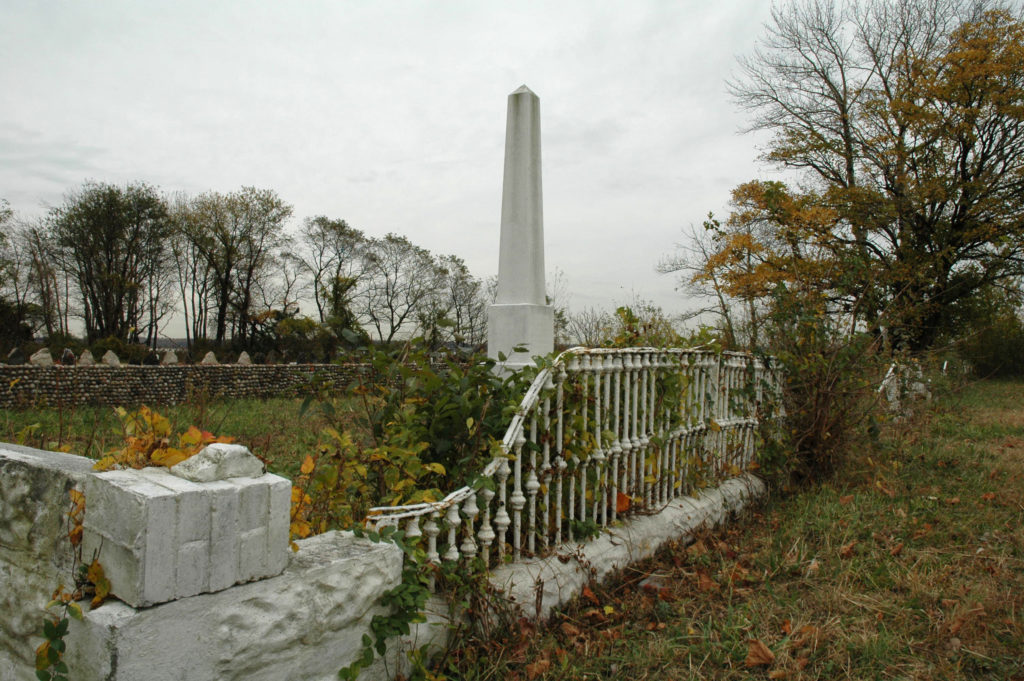
Hart Island, The Bronx
Unbeknownst to many, the largest public cemetery in the United States lies within the Long Island Sound just a stone’s throw from City Island in The Bronx. In existence since the Civil War era, over one million people are buried on Hart Island, but visitation is strictly limited, thus keeping the island shrouded in mystery. Working to uncover its historic significance, The Hart Island Project formed in 1991, incorporated in 2011 and has made immense progress to provide awareness, access, burial records and maps. In addition to advocating for public access and, ultimately, to transform the island into a park, the group is also working to illuminate the island’s history through public programming and a nomination to the National Register of Historic Places.
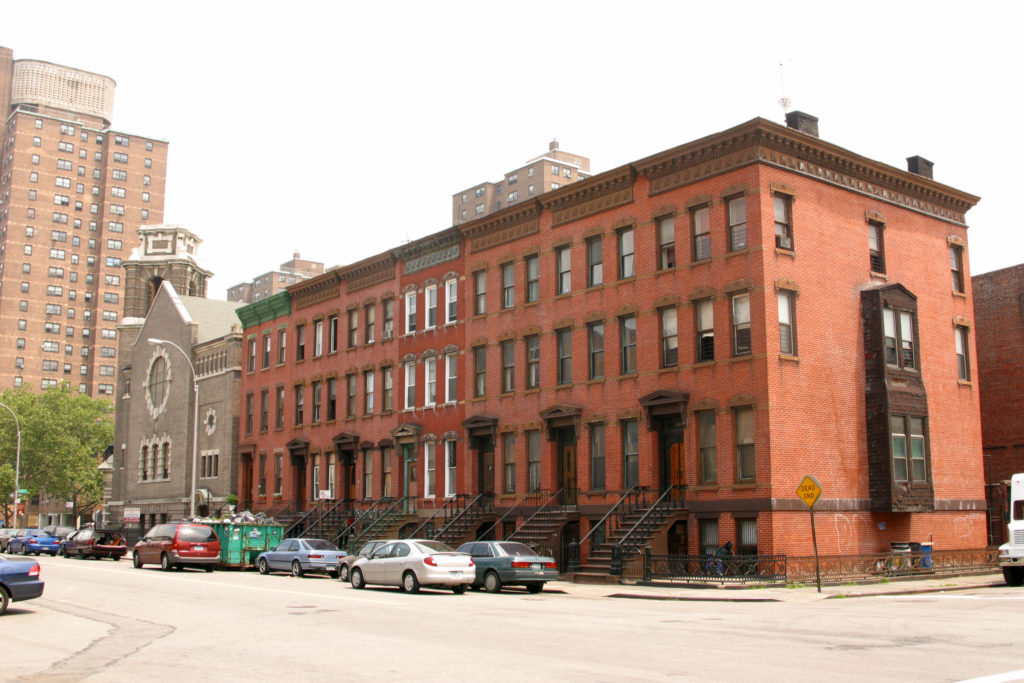
Mott Haven, The Bronx
After decades of neglect, investors and developers have turned their gaze toward Mott Haven, and tourism and business has followed. The neighborhood has three designated Historic Districts: Mott Haven, Mott Haven East and the Bertine Block, all of which boast beautiful and intact rowhouses, as well as houses of worship. To celebrate the historic and architectural contributions of the neighborhood and explore the powerful role they play in the future of the area, the Mott Haven Historic Districts Association formed in 2016 to ensure that long-term residents (and buildings) have an active, inclusive stake in the neighborhood’s renaissance. The group will launch an annual “Decorators’ Showhouse,” host walking tours and establish a strong organizational presence in the neighborhood to cultivate stewardship, foster conscious citizenship and guide new investment sensitively to this gem in the South Bronx.
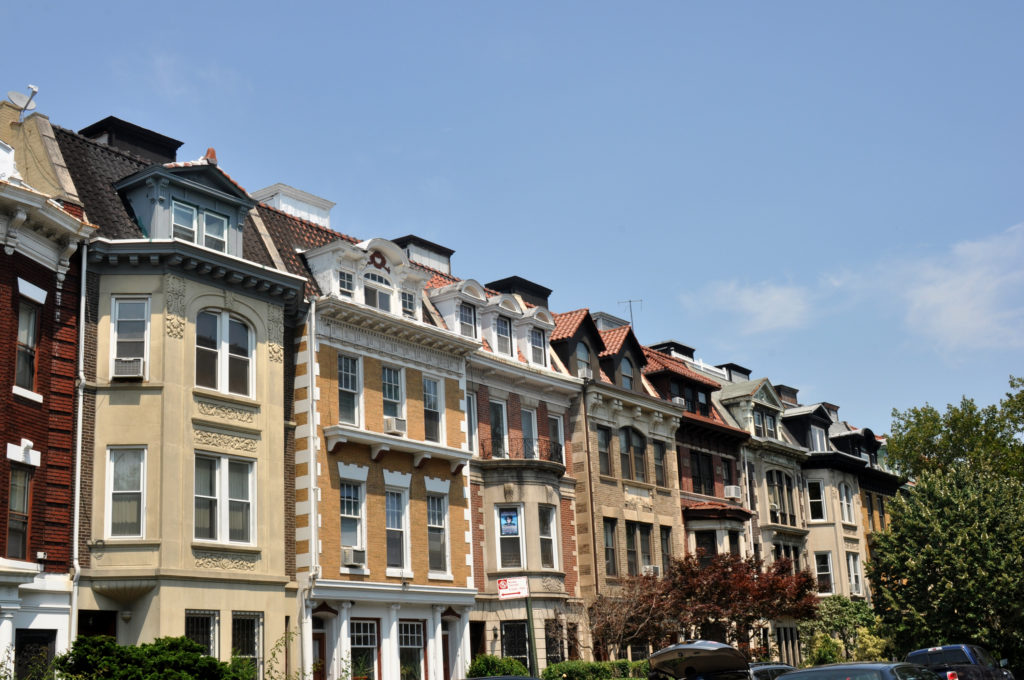
Prospect-Lefferts Gardens, Brooklyn
The Prospect Lefferts Gardens Heritage Council, the Parkside Avenue Block Association, and Concerned Citizens for Community Based Planning have worked to give residents a voice about current rapid development that has left this neighborhood with an unprecedented number of demolitions. With only one, small historic district and a much higher-density zoning that is ill-suited to the existing built environment, Prospect-Lefferts Gardens is rapidly changing in scale, character and identity due to rowhouses and other smaller buildings being replaced by speculative, high-rise, “luxury” development. Residents have begun to document and make the case for the preservation of portions of their unprotected historic neighborhood before it disappears forever.
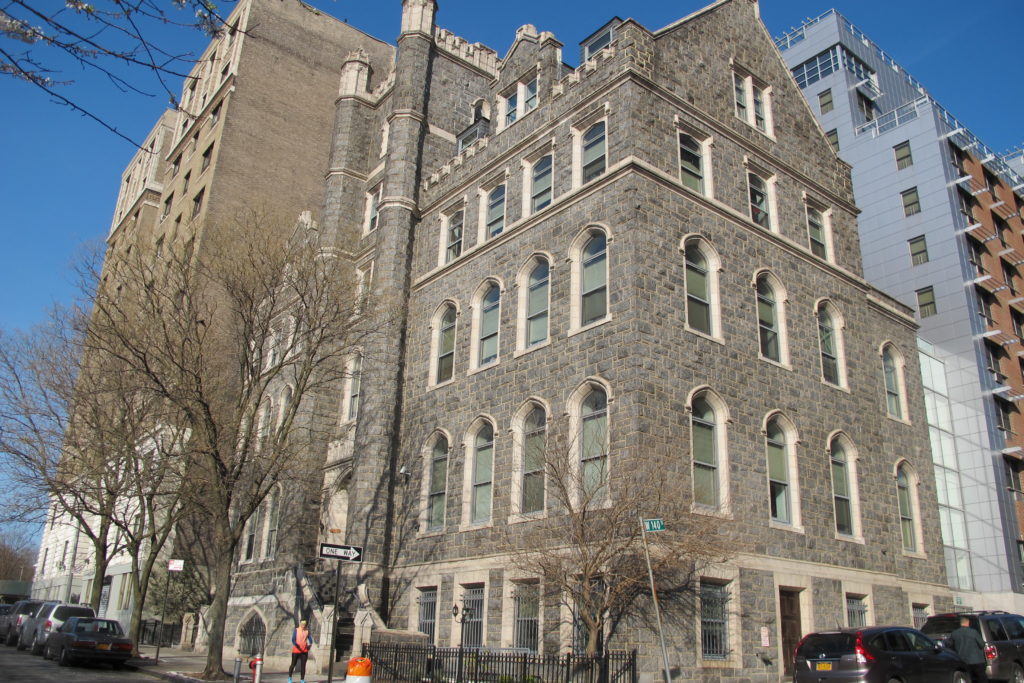
West Harlem, Manhattan
Displaying a rich variety of historically, culturally and architecturally significant buildings, West Harlem is home to late 19th century rowhouses, grand apartment buildings, theaters and religious structures designed by some of the leading architects of their time. Speculative development and rising real estate values have left the neighborhood at risk of losing some of the character that makes it a desirable and dynamic community in which to live and work. The West Harlem Community Preservation Organization is formulating a proposal to the LPC to expand the Hamilton Heights/Sugar Hill Historic District by surveying historic buildings, creating an outreach system to the local community and hosting workshops and other public programs.
Support is provided in part by public funds from the New York City Department of Cultural Affairs in partnership with the City Council and by the New York State Council on the Arts and the New York State Office of Parks, Recreation, and Historic Preservation with the support of Governor Andrew Cuomo and the New York State Legislature. Additional support is provided by City Council Members Ben Kallos, Rosie Mendez, Mark Levine, Inez Dickens, Vincent Gentile, Corey Johnson, Stephen Levin, Margaret Chin, Dan Garodnick, and Rafael Salamanca and New York State Assembly Members Deborah Glick, Richard Gottfried, and Daniel O’Donnell.

